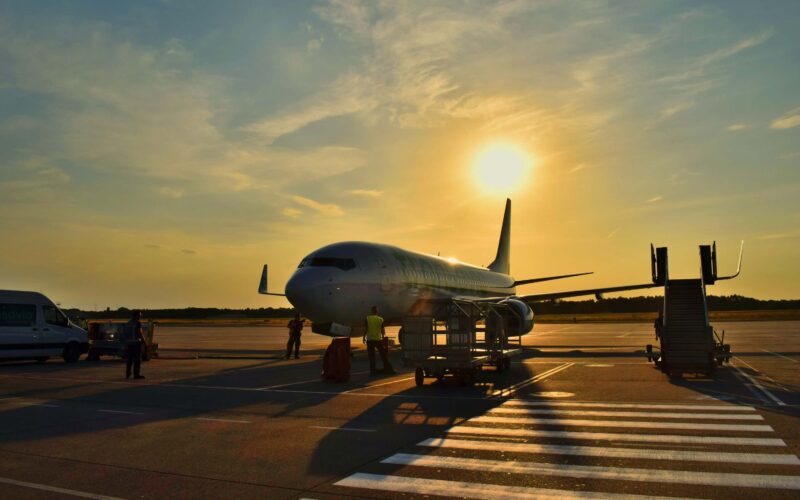Straggling pilots
Since COVID19 pandemic started, we have been facing the most difficult scenario in aviation history, especially for expat pilots.
The majority of countries Worldwide closed their borders. International flights disappeared from the Earth and surplus airplanes flooded several airports. The aviation market rapidly shrank.
This critical situation pushed airlines to assign unpaid leaves, early retirement programs and layoffs. Luckily, most of them got financial support from their governments.
In addition, company’s managements set up some rescue plans, relying on international air cargo business and/or domestic flights.
These strategies plus border restrictions and governments’ influences led airlines to focus on domestic employment.
Some aviation news said Asian airlines, which have a small hope to be the first recovering from this crisis, announced their intention to hire local pilots. Consequently, expat pilots’ status turned out to be very difficult, especially for those who already lost their seats.
What is the value of expat pilots?
One of the main reasons for hiring expat pilots is, of course, related to manpower issues.
I have been watching Asian airlines’ situations from the inside for a decade. That is why I can add another reason for hiring foreign pilots: professional experience.
As we know, expat pilots have a lot of flight experience, which is based on an historical safety culture.
In my opinion, this is the most important ground why airlines need to hire them, especially in countries with a short aviation history.
Newer airlines can buy aircrafts and their governments can construct new airports or can restructure old ones to meet the expanding aviation demand.
Airlines can hire new cabin crews and train them at international standard levels. They can also hire new pilots and make them reach First Officer’s professional level.
But how about Captain?
To become a Captain you have to accumulate experience. New hires will need time to build up this precious professionalism.
So, until local young pilots get enough experience to perform as Captain, how can airlines operate those airplanes to meet the aviation demand?
Because of the COVID19 pandemic, most airlines needed to choose a downsizing to meet the present market demand. We know this situation led aviation-developing countries to an argument in order to operate with local pilots only in their airlines.
But, again, we know there are not enough well experienced local pilots in those areas. To hire new local pilots is not difficult, but to replace well experienced local pilots, who are very few compared to expat pilots, is quite complicated in aviation-developing countries.
My opinion as expat pilot
I have been watching the Asian aviation environment from the inside for a decade. The aviation business is not only a private business, but also a political aspect. It pushes airlines to operate with only local employees for long term planning. In fact, most countries’ regulations mention restrictions about granting licenses for foreigners.
Despite all this, Asian safety records still call for improvements. Their safety cultures can develop thanks to foreign professionals’ contribution based on solid historical backgrounds full of lessons learned from hundreds of incidents and accidents.
Aviation-developing countries will need foreign pilots until their safety levels reach those of aviation-advanced countries’.
As expat pilots, we have not only our economical benefits, but we can also give an effective contribution to aviation growth in those areas using our experience.
That is why, I can say that being a pilot is still a very attractive job, even in the current difficult situation.
Weathercock Lob.

